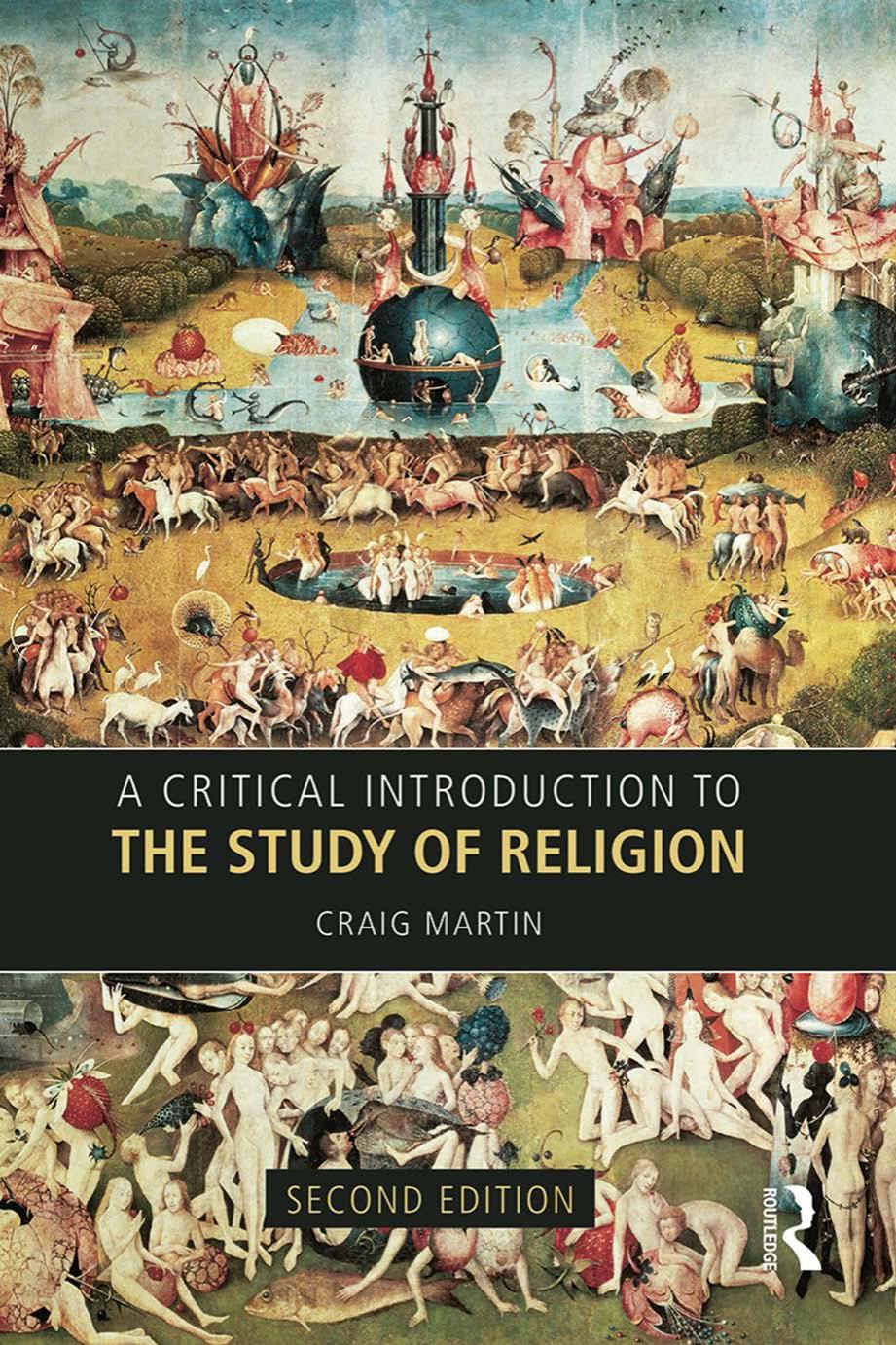A Critical Introduction to the Study of Religion by Craig Martin

Author:Craig Martin
Language: eng
Format: epub, pdf
Publisher: Taylor & Francis Ltd
Normalization, Discrimination, and Privilege
Much like so-called “common sense,” what is taken to be “normal” (or a normal habitus) varies from community to community and from society to society—in which case these things are not, in fact, “common” or universally “normal.” Even within the same society, different subgroups have variable ideas about what is “normal.” What we have are societies where there are dominant and subordinate groups, and where each subgroup has its own idea of what is normal.
Usually the dominant group attempts to pass off its idea of what is normal as if it were universal. That is, they don’t think, “this is what we think is normal”; they think, “this is simply what is normal.” However, because they are the dominant group, they usually have some means of power at their disposal to enforce their idea of normalcy on others. Bourdieu suggests that there is an implicit collusion between members of a class—they work together or collude, although often without intentionally doing so. Most middle-aged, white, middle-class Americans think facial piercings and visible tattoos are abnormal, while some subgroups think that facial piercings and tattoos are banal or commonplace. However, because middle-aged, white, middle-class Americans are the dominant group in many cities in the country, those individuals with facial piercings or visible tattoos might be discriminated against, especially when it comes to finding work. People with my parents’ habitus, for instance, would probably discriminate against job applicants with facial piercings when conducting job interviews, simply because they would find such things to be abnormal, “weird,” or “unprofessional”—all the while ignoring the fact that such things are weird or unprofessional to themselves and the dominant group, not to everyone.
In every society there are various groups with different habitus, each different from the others, but the dominant group lifts its own habitus up to the status of “normal,” forgets that it is just one habitus alongside others, and unconsciously colludes to put in place regimes of privilege and practices of discrimination. Those in the dominant group, because they are dominant, usually have the power to exclude people with an alternate habitus from their social networks, circles of friends, and places of work. Very serious consequences can result from having a habitus different from the dominant one. Again, what is “normal” is not universally normal, but only what the dominant group takes to be normal—and which they can impose on other groups. This does not, of course, mean that in every society there is one clear dominant group and a number of obviously subordinated groups. Inter-relations in society are much more complex than that. Middle-aged, white, middle-class Americans are more or less clearly dominant in the Midwest, but much less so in New York City or Los Angeles. Facial piercings and tattoos probably do not stand out nearly as much in those cities as in conservative cities such as Indianapolis. In addition, even in cities like Indianapolis, there are probably pockets of the city where there are concentrations of people with a
Download
A Critical Introduction to the Study of Religion by Craig Martin.pdf
This site does not store any files on its server. We only index and link to content provided by other sites. Please contact the content providers to delete copyright contents if any and email us, we'll remove relevant links or contents immediately.
The Lost Art of Listening by Michael P. Nichols(7497)
Why I Am Not A Calvinist by Dr. Peter S. Ruckman(4149)
The Rosicrucians by Christopher McIntosh(3513)
Wicca: a guide for the solitary practitioner by Scott Cunningham(3168)
Signature in the Cell: DNA and the Evidence for Intelligent Design by Stephen C. Meyer(3132)
Real Sex by Lauren F. Winner(3016)
The Holy Spirit by Billy Graham(2945)
To Light a Sacred Flame by Silver RavenWolf(2814)
The End of Faith by Sam Harris(2735)
The Gnostic Gospels by Pagels Elaine(2528)
Waking Up by Sam Harris(2454)
Nine Parts of Desire by Geraldine Brooks(2362)
Jesus by Paul Johnson(2354)
Devil, The by Almond Philip C(2327)
The God delusion by Richard Dawkins(2305)
Heavens on Earth by Michael Shermer(2278)
Kundalini by Gopi Krishna(2180)
Chosen by God by R. C. Sproul(2161)
The Nature of Consciousness by Rupert Spira(2104)
